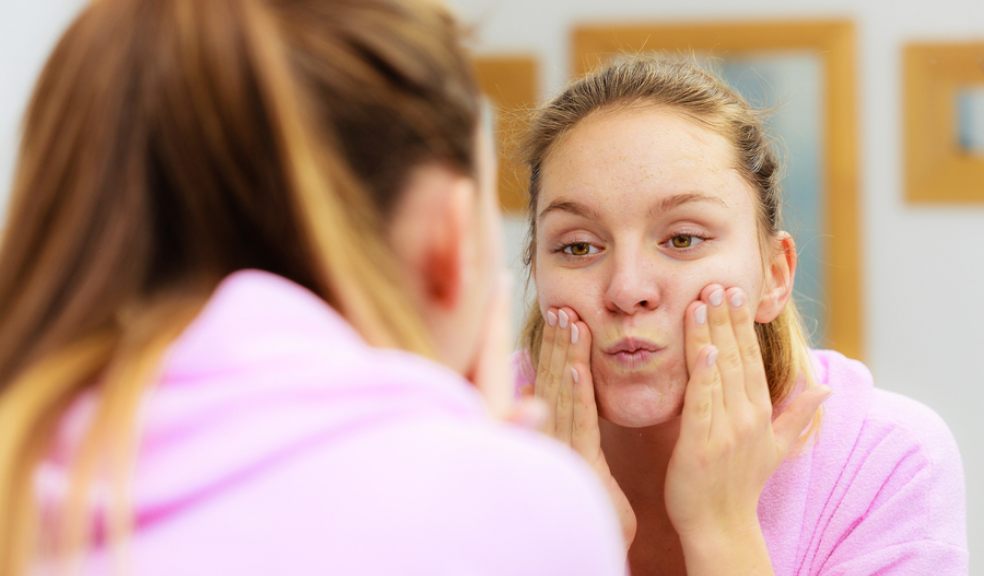
Exeter Uni expert welcomes ban on microbeads
The Government has announced plans to ban microbeads used in cosmetics and cleaning products by 2017.
Environment Secretary Andrea Leadsom has announced that a consultation on how a ban would work will start later this year.
Tamara Galloway, Professor of Ecotoxicology at the University of Exeter, is one of the UK’s leading experts in marine pollution and her team studies the health effects of microplastics pollution.
She said: “This is a fantastic example of the Government responding swiftly to the overwhelming scientific evidence that microbeads are bad for the marine environment.
“We find tiny pieces of plastic in every sample of seawater we study from around the world. Microbeads in cosmetics are one example. They don’t biodegrade and instead accumulate in the oceans where they are mistaken for food by many marine animals.
“A ban on their use in cosmetics is a very welcome step towards tackling marine pollution. It has also made all of us think more about the massive amounts of plastic litter we discard into the environment every day.
“Our research has shown that many marine animals ingest microbeads, mistaking them for food. They can become lodged in the animal’s gut, and prevent them from eating nutritious food. They can also pass chemicals into the animal’s tissues. When these animals are eaten, the microplastics and the chemicals they contain can be passed through the food chain too.
“It has been estimated that an average plate of oysters could contain up to 50 plastic particles. We don’t yet have any evidence for the harm that this might cause, but most people would probably prefer not to be eating plastic in their food.
“Pollution from microbeads is a truly global problem. Tides and currents can carry pollution across oceans to countries a long distance from where they were originally released. Ideally, any legislation to control them should be on an international level.
“The proposed UK ban is a very welcome step in the right direction. The best way to reduce marine pollution and protect marine animals from harm is to stop throwing things into the ocean in the first place.”
See also: http://www.theexeterdaily.co.uk/news/business-daily-local-news-health-be...




















